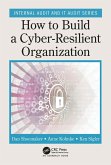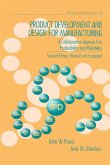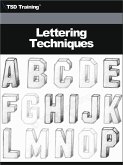
1,49 €
inkl. MwSt. und vom Verlag festgesetzt.
Sofort per Download lieferbar

1,99 €
inkl. MwSt. und vom Verlag festgesetzt.
Sofort per Download lieferbar
eBook, ePUB
6. Januar 2019
Dedy Gunawan
4,49 €
inkl. MwSt. und vom Verlag festgesetzt.
Sofort per Download lieferbar
eBook, ePUB
6. Januar 2019
Dedy Gunawan
Broschiertes Buch
The influence of a moral reasoning strategy on teachers'' moral reasoning
26. September 2010
LAP Lambert Academic Publishing
Ähnliche Artikel

4,99 €
Sofort per Download lieferbar

9,95 €
Sofort per Download lieferbar

5,99 €
Sofort per Download lieferbar

eBook, ePUB
7. Dezember 2018
Taylor & Francis eBooks

eBook, ePUB
8. Dezember 2023
Taylor & Francis eBooks

4,99 €
inkl. MwSt. und vom Verlag festgesetzt.
Sofort per Download lieferbar

16,95 €
Sofort per Download lieferbar


eBook, ePUB
16. April 2012
Taylor & Francis eBooks

4,99 €
inkl. MwSt. und vom Verlag festgesetzt.
Sofort per Download lieferbar
Ähnlichkeitssuche: Fact®Finder von OMIKRON
